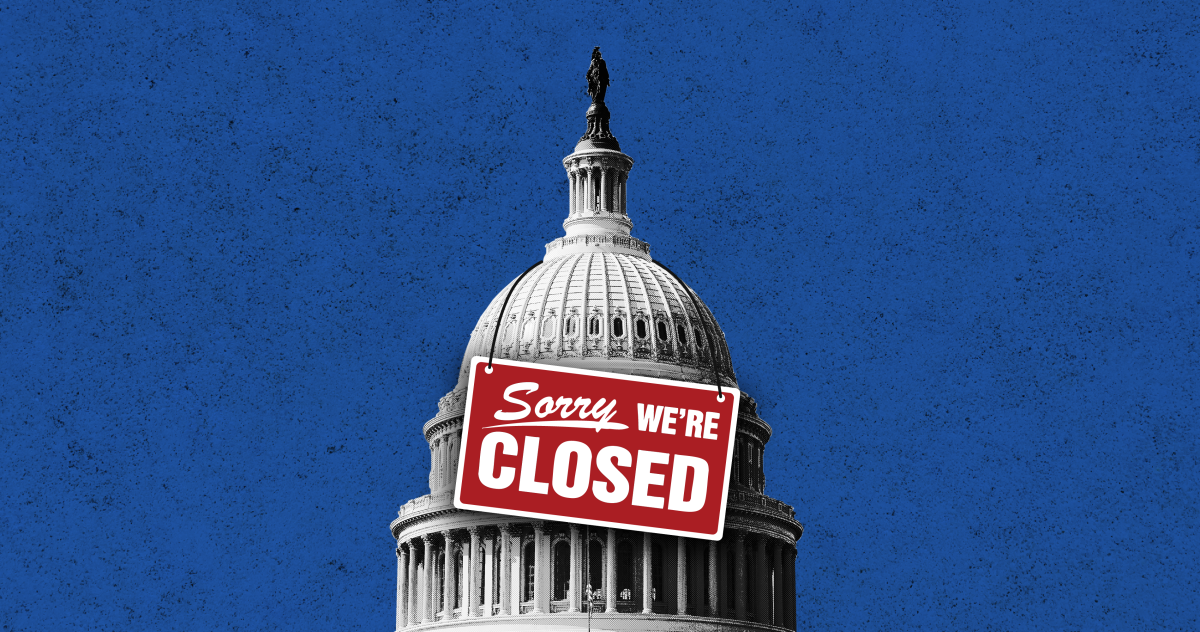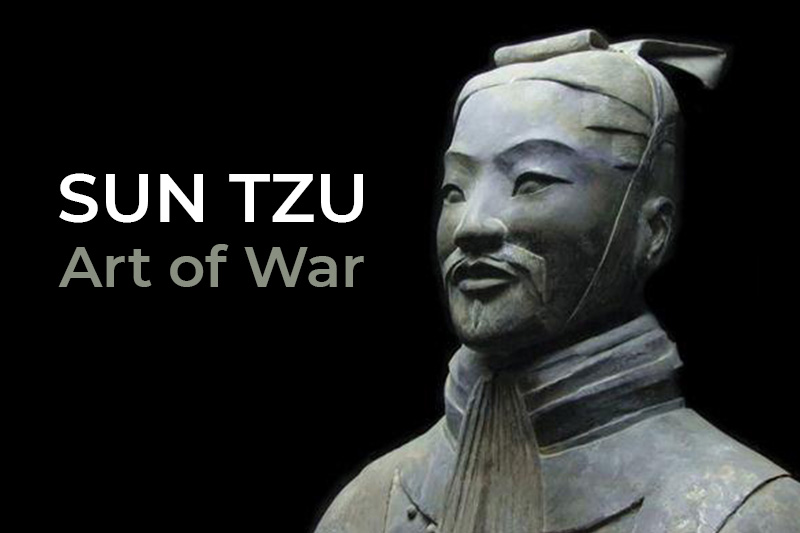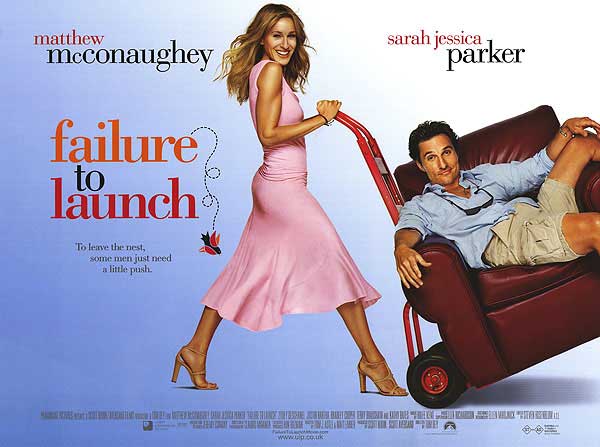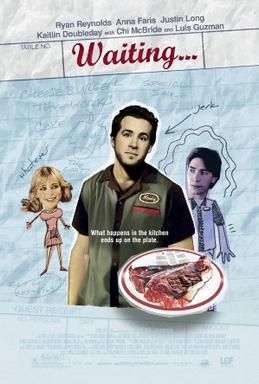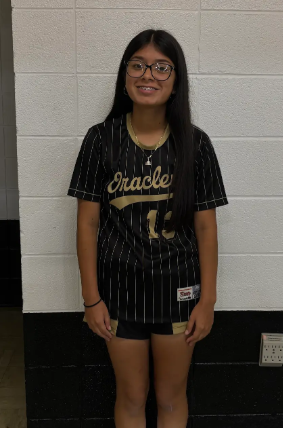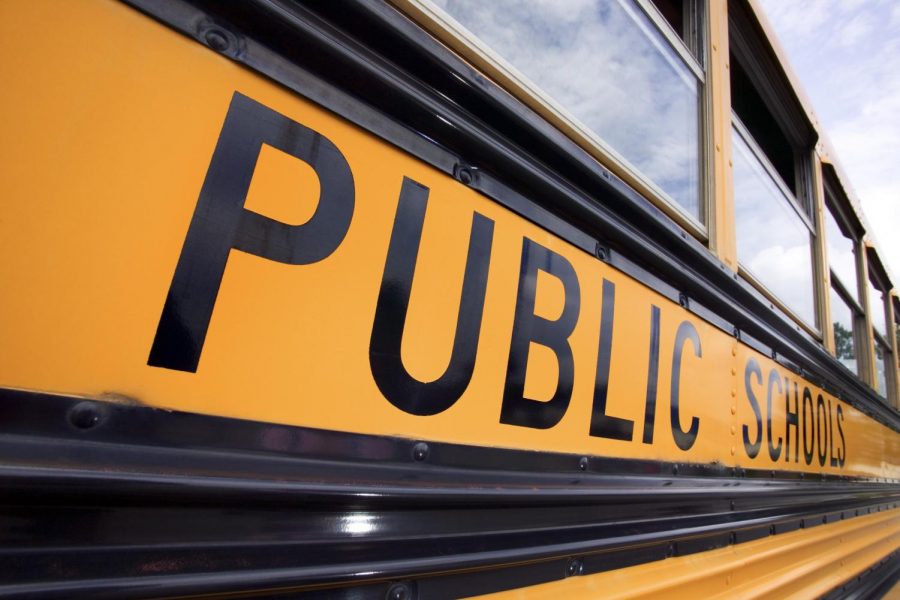Free market could be the savior for American education
This past month of February, teachers in West Virginia, California, Colorado, Arizona, Kentucky, and Oklahoma have been leaving their classrooms to participate in strikes in the name of increases in teacher wages, compensation, and school funding. Their numbers ranged from the hundreds to the tens of thousands per state, and their demands ranged too, from a few thousand dollar increase in wages to an $11,000 increase in salary to the national average salary of $58,950. These demands can be summed up as such: teachers want more from the government – in the name of themselves, their families, and especially their students. However, rather than receiving more tax dollars from the state and federal governments, a much better, more sustainable solution could be achieved: privatize the education system.
The free market: a place of competition, fair pricings, and most importantly, freedom. You have the freedom to choose what product or service you wish to purchase, how much you wish to pay, the quality of the product or service, and you have the freedom to create a business as you see fit. Furthermore, the free market is a place of near constant innovation, as businesses must improve themselves in order to compete with other businesses. They find ways to make their products and services cheaper, more efficient, and of high quality, along with a plethora of other innovations. The most successful business would find a perfect balance between all of these factors, forcing their competitors to do the same. Now, if the free market was allowed to garner complete control over the realm of education, schools would fall under the same category of being considered businesses and would follow the same natural rules of the marketplace in order to stay successful.
Before this piece continues any further, I would like to clarify that this is not a total condemnation of public education. Rather, it is strictly an economic viewing on education, and privatization would be a benefit to all when compared to public education.
Now, when comparing the costs of public and private schooling, studies indicate that a public education of a single student is nearly twice of what it would cost to fund a private education. A myth believed by the general public is that a public education is “free.” This cannot be further from the truth. The costs vary per state, but a public education is funded through taxpayers’ dollars that are collected by the government; it is not “free.” Thus, privatizing the education system would save valuable tax dollars, as private individuals would pay out of their own pocket. The prices of the schools would be lowered when compared to what they are currently, as the schools would be forced by consumers to decrease their costs due to competition.
Additionally, different types of schools would be developed in order to satisfy certain niches within society. Schools will create their own schedules and specialized classes to meet the desires of their consumers; classrooms will range from the standard 30 students per class down to five students or even one-on-one mentoring. This is due to the lack of standardized testing that schools would be forced to complete by the government. The schools would finally be able to fully focus on improving the knowledge, skills, and abilities of their pupils.
Teachers would also be paid at competitive rates depending on the demand for their services; no longer would they have to rely on the whims of the federal and state governments. Rather, consumers will pay their desired amounts for education and the entrepreneurs running the recently privatized schools would pay the teachers at satisfactory rates.
All in all, the privatization of education would solve the multitude of controversies surrounding said field. Rather than being dictated by government, consumers would have total freedom to choose the form of education they receive. This could be the most prestigious of private schools, to competitively priced and efficient, or even those that are funded through private donations. Furthermore, classes would become more specialized to satisfy the demands of consumers rather than being forced to follow the mind numbing rulings of government standardization of classrooms. Finally, education would no longer be stagnant, and the minds of individuals would be opened and expanded upon by the free market.

Nick is a senior at Delphi and this is his second year in Parnassus. He runs varsity cross country and track and field. He is also a member of Student...


